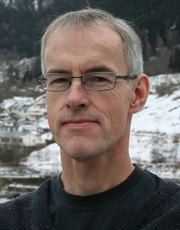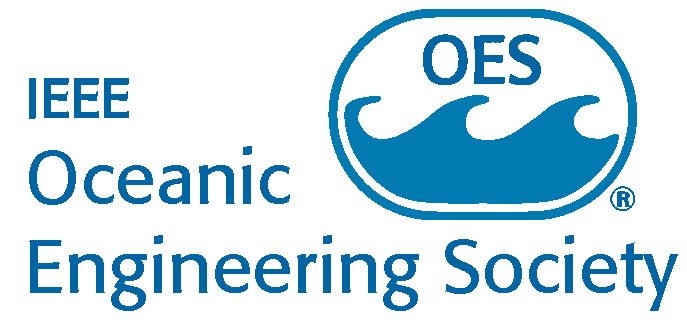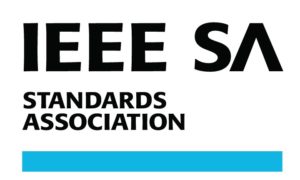Workshop – Unintended Consequences of Renewable Energy
Thursday July 24
Unintended Consequences of Renewable Energy
Abstract
Future energy technologies must be based on renewable sources of energy and they must be sustainable. This workshop will provide insight into unintended impacts of renewable energy and how they can be avoided. In order to steer away from the pitfalls and unintended effects it is essential that necessary knowledge is present to the developers and decision makers engaged in renewable energy. This is where this workshop is valuable in its discussion of unintended health and environmental impacts of various renewable energy technologies.
The workshop give the participants an introduction the the concept of unintended consequences, in connection with renewable energy. Furthermore, several approaches to improve the understanding of these consequences and methods for predicting them, will be discussed. This will include the concepts of rebound effects and consequential life cycle assessments (LCA). The workshop will encompass presentations and discussions of results from cross-disciplinary research on implementation of the alternative fuels hydrogen, electricity and biodiesel in the transport sector, as well as the assessment of environmental impacts from the production of solar cells. This will also cover impacts of the use of nanotechnology and nanomaterials in the various energy technologies. In-dept focus will also be on the formation of nanoparticles during combustion of bio-blended diesel, and the toxic effects of these new emission components.
Speaker
Otto Andersen  has an unusually broad scientific background covering a wide spectra of science disciplines. He has applied both natural science and social science methods to address societal problems. Originally trained as a biochemist with practical application of analytical biological separation in combination with immunological methods at the Norwegian National Institute of Public Health and University of Minnesota, Dr. Andersen has obtained an understanding for cross-disciplinary problem-based science. The pharmaceutical R&D experience at 3M Company, as well as the regulatory and quality assurance work at Dyno Particles AS, gave him through insight into the importance of addressing environmental challenges for industrial companies.
has an unusually broad scientific background covering a wide spectra of science disciplines. He has applied both natural science and social science methods to address societal problems. Originally trained as a biochemist with practical application of analytical biological separation in combination with immunological methods at the Norwegian National Institute of Public Health and University of Minnesota, Dr. Andersen has obtained an understanding for cross-disciplinary problem-based science. The pharmaceutical R&D experience at 3M Company, as well as the regulatory and quality assurance work at Dyno Particles AS, gave him through insight into the importance of addressing environmental challenges for industrial companies.
The research at Vestlandsforsking (Western Norway Research Institute) has spanned 19 years of work with energy problematics, with special focus on the environmental impacts. The doctoral work on the relation between transport and industrial ecology provided new insight into the environmental aspects of mobile energy, including renewable options. Recently, he is also engaged in stationary renewable energy production, including photovoltaic solar energy technologies, and the impact assessment of their manufacturing.
Andersen is the author of the book: “Unintended Impacts of Renewable Energy”.















